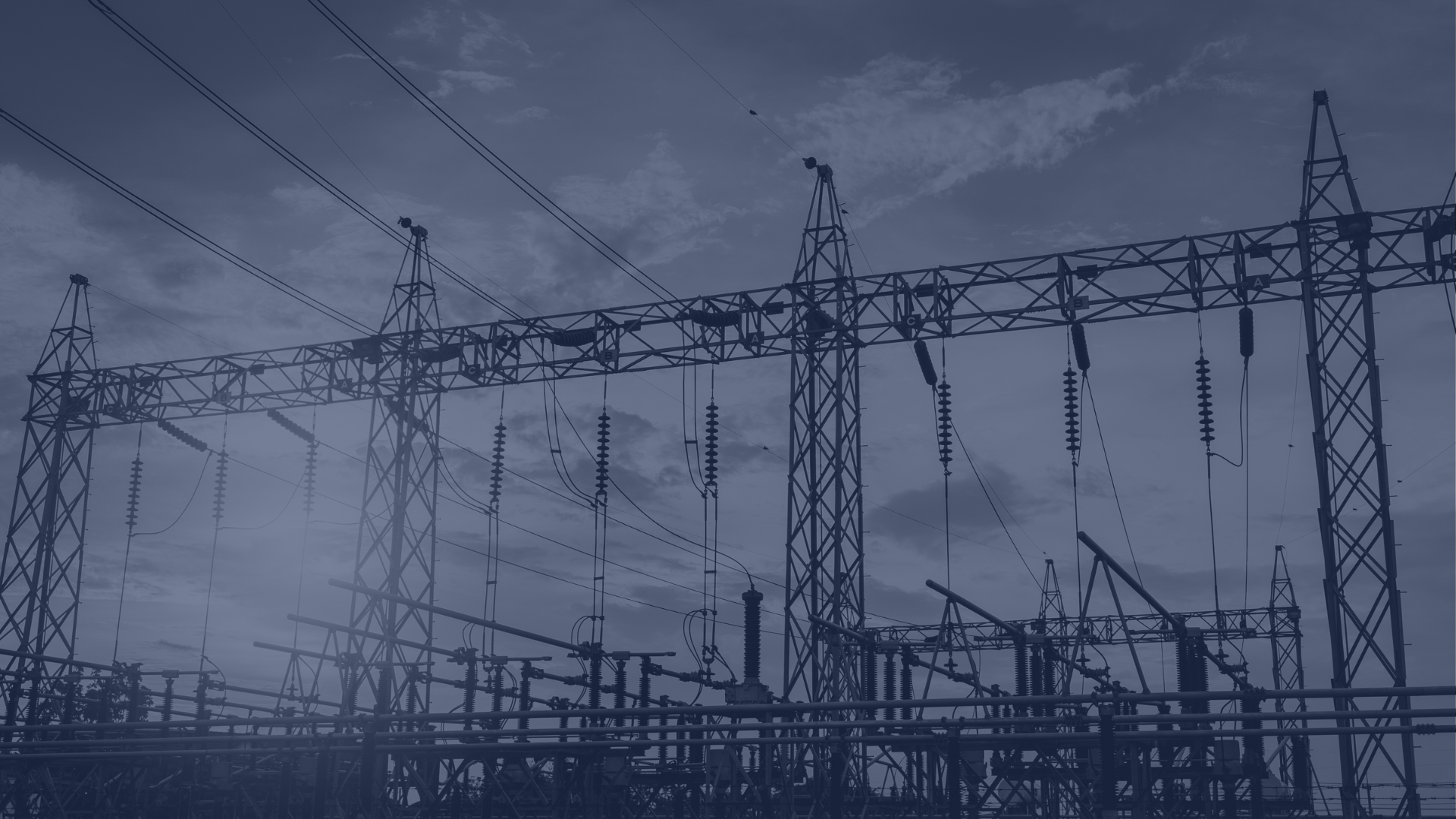Constructability and Interface Management
-
Constructability refers to the ease and efficiency with which a project can be constructed, considering its design, materials, processes, and technologies. It involves evaluating how well a design can be translated into a practical, cost-effective, and safe construction process. The goal of constructability is to optimize the design and planning phase to minimize potential issues during construction, reduce costs, improve timelines, and enhance the quality and safety of the final product. This typically includes considerations like the availability of materials, the complexity of construction methods, and the coordination between various project teams.

-
Our experienced team excels in delivering large-scale infrastructure projects across diverse disciplines, including transportation (ALRT/LRT), roads and bridges, oil and gas, energy, wastewater treatment, and hydro. Each project required meticulous planning and coordination with internal and external stakeholders. At the outset, we dedicated significant effort to reviewing technical specifications, project agreements, constraints, and determining optimal designs and approaches. Collaborative workshops between technical and construction teams helped identify the most economical and efficient solutions to meet project requirements.

-
Our team specializes in value engineering and scope validation. For example, during the Surrey-Langley SkyTrain project, we collaborated with the owner's engineer to optimize span lengths and ensure alignment feasibility using the proposed precast segmental methodology. This included strategic foundation placement to avoid key utilities and minimize traffic disruptions.
Similarly, in the Pattullo Bridge Replacement project, our team analyzed 17 bridge design options, producing white papers that ultimately led to the selection of a design optimized for functionality, cost, and constructability.
-
Our Constructability and Interface Management team is adept at planning and scheduling, which are synchronized with constructability reviews to develop integrated master project schedules detailing each project phase, leveragingindustry standard construction norms and productivity data from past projects to optimize sequences and methodologies.
Comprehensive risk reviews are integral to our scheduling process. We identify and analyze risks, perform stress testing or Monte Carlo simulations, and integrate float and contingency plans to mitigate impacts.
Our team collaborates closely with the risk management group to assign monetary or time values to risks, ensuring they are captured and addressed effectively.
-
With extensive experience in both private and public sectors, our team applies schedule-based retrospective delay analysis techniques, such as As-Planned vs. As-Built, Impacted As-Planned, Windows, and But-For Analysis. We believe in transparent communication of delays and impacts, enabling collaboration and acceptance by all stakeholders.
This process not only resolves current issues but also provides lessons learned to improve future activities and projects.
-
Constructability reviews are essential throughout all project phases—pre-construction, execution, and close-out. These reviews evaluate changes in plans, methodologies, and their potential impacts on safety, quality, and the environment. The foundation for these reviews lies in assessing engineering work packages, method statements, and contractual requirements, alongside material, labor, and equipment needs, site layouts, sequencing, and staging.
Our team frequently develops unbiased shadow schedules aligned with work method statements. These schedules help identify variances and impacts by comparing them to the contractor’s schedule and the baseline. Findings are meticulously documented in detailed reports and presented to internal management and external stakeholders.
